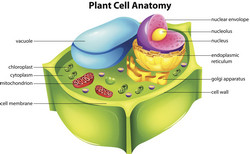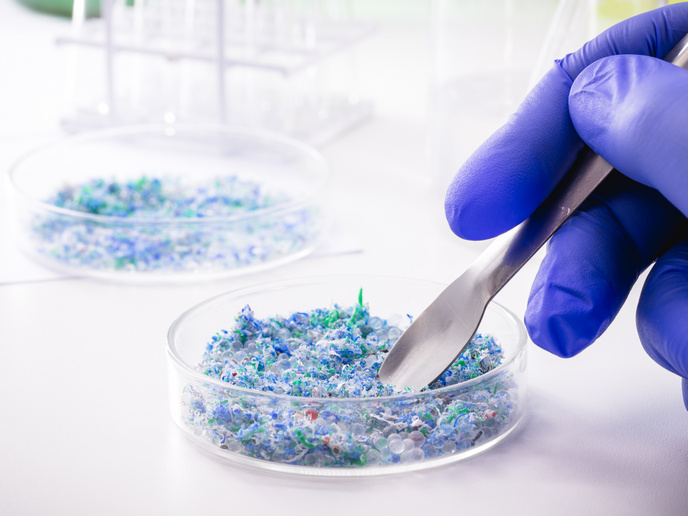Elucidating plant vacuole function
Despite many studies on plant vacuoles, little is known about the cellular machinery and regulatory mechanisms of PSVs. The MC VACUOLE (Trafficking to the vacuoles in plants) project worked to change the status quo for applications in biotechnology. Researchers used cell biology, physiology, and bioinformatic analyses to study ribosomal protein mutants in the model plant Arabidopsis thaliana. This helped in understanding basic cellular mechanisms such as translational regulation that are required for the proper delivery of cargoes destined for the vacuole. In particular, results highlighted the importance of controlling certain transcription factors containing upstream open reading frames. Particularly useful was the development of analytical tools to study vacuolar trafficking pathways, cellular machineries and vesicle cargoes identification. MC VACUOLE successfully established a protocol to determine the protein and metabolite composition of specific vacuolar targeted vesicles. Project outcomes will aid future research working towards enhancement of various vacuolar reserves in crops-of-interest to increase biomass, production yield and fitness. In the current scenario of rising food demand and limited agricultural land as well as water resources, such research will greatly impact global food security.







